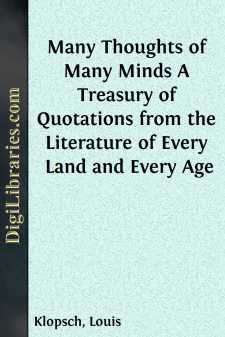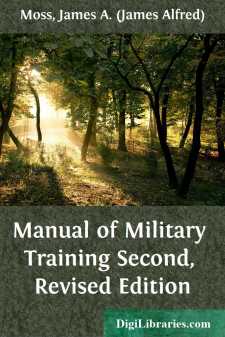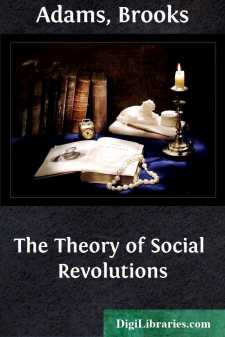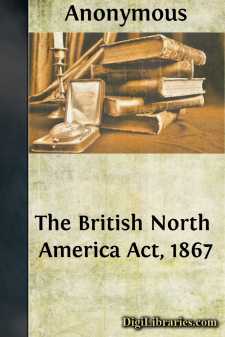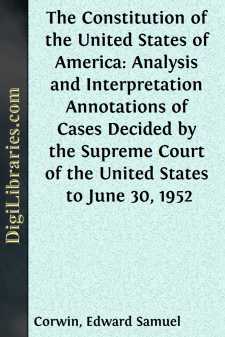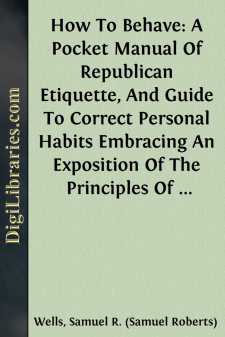Categories
- Antiques & Collectibles 13
- Architecture 36
- Art 48
- Bibles 22
- Biography & Autobiography 813
- Body, Mind & Spirit 142
- Business & Economics 28
- Children's Books 15
- Children's Fiction 12
- Computers 4
- Cooking 94
- Crafts & Hobbies 4
- Drama 346
- Education 46
- Family & Relationships 57
- Fiction 11828
- Games 19
- Gardening 17
- Health & Fitness 34
- History 1377
- House & Home 1
- Humor 147
- Juvenile Fiction 1873
- Juvenile Nonfiction 202
- Language Arts & Disciplines 88
- Law 16
- Literary Collections 686
- Literary Criticism 179
- Mathematics 13
- Medical 41
- Music 40
- Nature 179
- Non-Classifiable 1768
- Performing Arts 7
- Periodicals 1453
- Philosophy 64
- Photography 2
- Poetry 896
- Political Science 203
- Psychology 42
- Reference 154
- Religion 513
- Science 126
- Self-Help 84
- Social Science 81
- Sports & Recreation 34
- Study Aids 3
- Technology & Engineering 59
- Transportation 23
- Travel 463
- True Crime 29
Many Thoughts of Many Minds A Treasury of Quotations from the Literature of Every Land and Every Age
by: Louis Klopsch
Categories:
Description:
Excerpt
Many Thoughts of Many Minds.
Ability.—No man is without some quality, by the due application of which he might deserve well of the world; and whoever he be that has but little in his power should be in haste to do that little, lest he be confounded with him that can do nothing.—Dr. Johnson.
We judge ourselves by what we feel capable of doing, while others judge us by what we have already done.—Longfellow.
Every person is responsible for all the good within the scope of his abilities, and for no more.—Gail Hamilton.
The possession of great powers no doubt carries with it a contempt for mere external show.—James A. Garfield.
The art of using moderate abilities to advantage wins praise, and often acquires more reputation than actual brilliancy.—La Rochefoucauld.
Ability is a poor man's wealth.—Matthew Wren.
The measure of capacity is the measure of sphere to either man or woman.—Elizabeth Oakes Smith.
Natural ability can almost compensate for the want of every kind of cultivation; but no cultivation of the mind can make up for the want of natural ability.—Schopenhauer.
An able man shows his spirit by gentle words and resolute actions.—Chesterfield.
Absolution.—No man taketh away sins (which the law, though holy, just and good, could not take away), but He in whom there is no sin.—Bede.
He alone can remit sins who is appointed our Master by the Father of all; He only is able to discern obedience from disobedience.—St. Clement of Alexandria.
It is not the ambassador, it is not the messenger, but the Lord Himself that saveth His people. The Lord remaineth alone, for no man can be partner with God in forgiving sins; this office belongs solely to Christ, who taketh away the sins of the world.—St. Ambrose.
It appertaineth to the true God alone to be able to loose men from their sins.—St. Cyril.
Neither angel, nor archangel, nor yet even the Lord Himself (who alone can say "I am with you"), can, when we have sinned, release us, unless we bring repentance with us.—St. Ambrose.
Action.—The thing done avails, and not what is said about it.—Emerson.
Action may not always bring happiness; but there is no happiness without action.—Beaconsfield.
There are three sorts of actions: those that are good, those that are bad, and those that are doubtful; and we ought to be most cautious of those that are doubtful; for we are in most danger of these doubtful actions, because they do not alarm us; and yet they insensibly lead to greater transgressions, just as the shades of twilight gradually reconcile us to darkness.—A. Reed.
To the valiant actions speak alone.—Smollett.
It is well to think well: it is divine to act well.—Horace Mann.
Active natures are rarely melancholy. Activity and melancholy are incompatible.—Bovee.
Not enjoyment, and not sorrow,Is our destined end or way;
But to act, that each to-morrow
Finds us farther than to-day.
* * * *Trust no Future, howe'er pleasant!
Let the dead Past bury its dead!
Act, act, in the living Present...!


